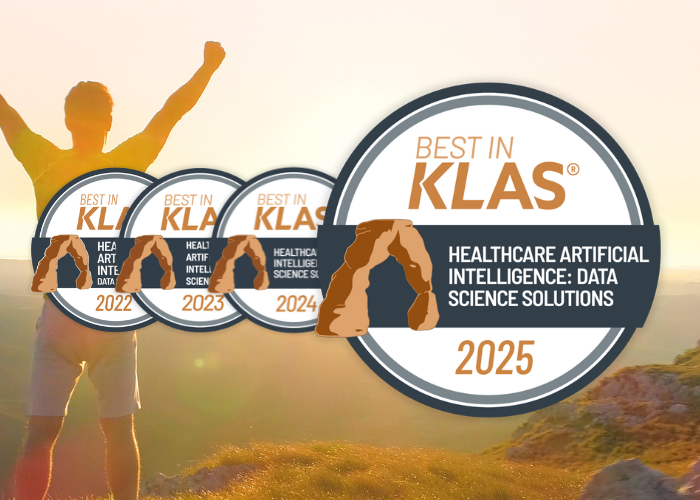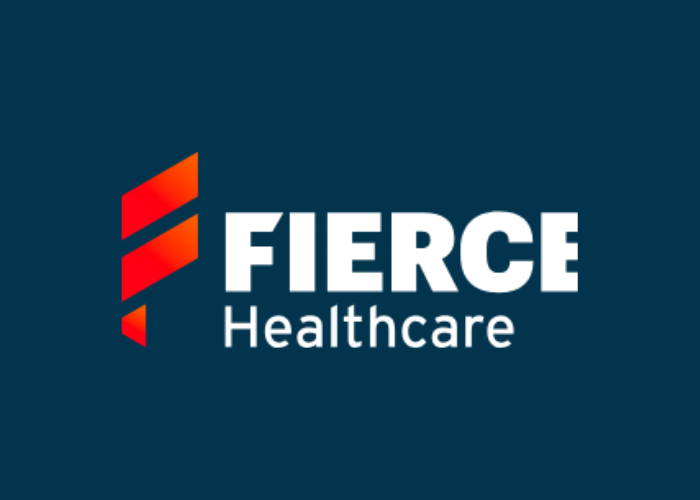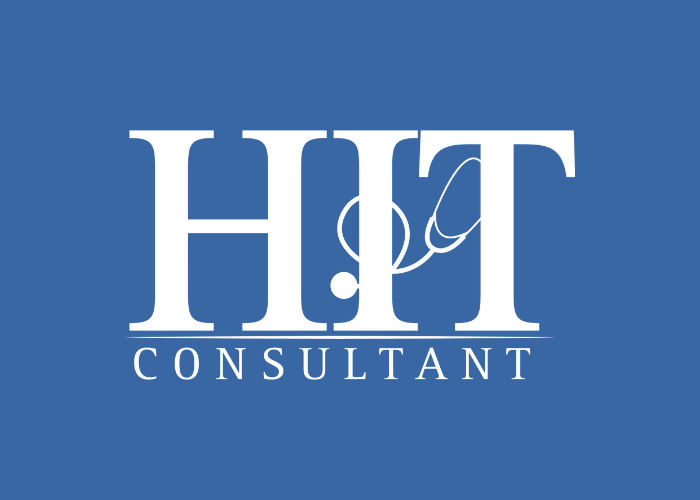Newsroom
ClosedLoop in the news.
Get updates in your inbox
We value your privacy
We use cookies to enhance your browsing experience, serve personalized ads or content, and analyze our traffic. By clicking "Accept All," you consent to our use of cookies.
We use cookies to help you navigate efficiently and perform certain functions. You will find detailed information about all cookies under each consent category below.
The cookies that are categorized as "Necessary" are stored on your browser as they are essential for enabling the basic functionalities of the site. ...
Necessary cookies are required to enable the basic features of this site, such as providing secure log-in or adjusting your consent preferences. These cookies do not store any personally identifiable data.
Functional cookies help perform certain functionalities like sharing the content of the website on social media platforms, collecting feedback, and other third-party features.
Analytical cookies are used to understand how visitors interact with the website. These cookies help provide information on metrics such as the number of visitors, bounce rate, traffic source, etc.
Performance cookies are used to understand and analyze the key performance indexes of the website which helps in delivering a better user experience for the visitors.
Advertisement cookies are used to provide visitors with customized advertisements based on the pages you visited previously and to analyze the effectiveness of the ad campaigns.

Newsroom
Get updates in your inbox

February 19, 2025
Still On Top: ClosedLoop Secures Best in KLAS Healthcare AI Honor for Fourth Year RunningRanked #1 since 2021 by KLAS Research with highest customer satisfaction rating AUSTIN, Texas, February 19, 2025 – ClosedLoop, the leading healthcare AI platform, announced today it has once again been named Best in KLAS for Healthcare Artificial Intelligence, marking its fourth consecutive win in the category. The 2025 Best in KLAS Awards: Software and […]

September 19, 2023
Healthcare AI Leader ClosedLoop Launches Two First-of-Their-Kind Data Science Products for Value-Based CareAustin, TX – Sept. 19, 2023 – ClosedLoop, a leading healthcare data science platform serving providers, accountable care organizations (ACOs), payers, pharma, and digital health companies, today announced the launch of two new data science solutions designed to help healthcare organizations analyze, evaluate, monitor, and refine their own programs to mitigate adverse events, improve health outcomes, and […]

May 24, 2023
ClosedLoop Recognized as Best Place to Work by Austin Business JournalAustin Business Journal has recognized ClosedLoop as a Best Place to Work in 2023, based on the company's high employee satisfaction in six key areas.

September 20, 2023
ClosedLoop launches tools to predict risk, evaluate outcomes of population health programsClosedLoop, a healthcare data science platform, has launched two new offerings to help measure and guide the real-world impact of healthcare programs. The tools are designed to help healthcare organizations analyze, evaluate, monitor and refine their programs to mitigate adverse events, improve outcomes and reduce unnecessary costs.

July 18, 2023
Ensuring Healthcare AI/ML Models Aren’t “Failed Science Fair Projects”Artificial Intelligence has become a board-level priority, dominating healthcare technology conversations. However, despite widespread interest in the technology, the healthcare industry is still lagging when it comes to deploying and maintaining successful AI and machine learning (ML) models.
Get in touch today to see the ClosedLoop platform in action.

Notifications